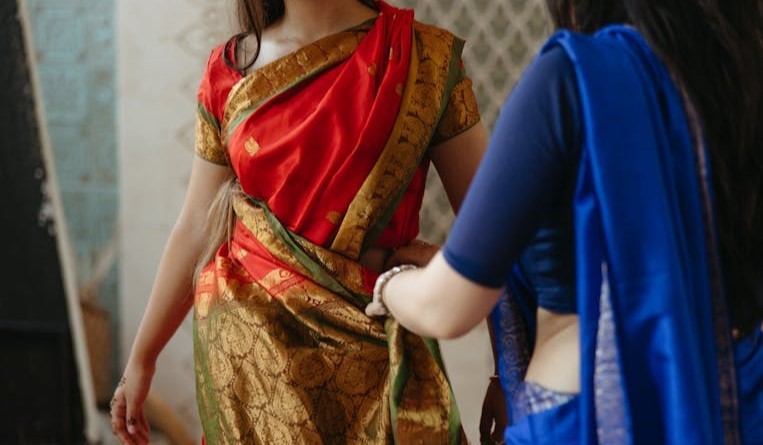Tangail Saree recognition as Bangladesh GI product a pivotal stride toward preservation of legacy
10 May 2024


Rajin Ahmed,
Advocate, Supreme Court of Bangladesh
Associate, Doulah & Doulah, Dhaka
Rajin Ahmed, advocate at the Supreme Court of Bangladesh and associate at Doulah & Doulah in Dhaka, said that the recognition of Tangail Saree as a geographical indication (GI) product of Bangladesh is a pivotal stride towards the preservation and propagation of its cultural legacy and artisanal mastery.
Tangail Saree is a handwoven piece of women’s clothing made from fine yarn. Women from Bangladesh, India and other countries in southern Asia wear the saree by wrapping it around the body.
“By officially acknowledging Tangail Saree as a GI product, we not only honour the intricate craftsmanship and time-honoured traditions of our weavers but also establish safeguards to uphold the authenticity and excellence of this representative clothing,” said Ahmed.
Tangail Saree was recognized as a GI product of Bangladesh by the country’s Department of Patents, Designs and Trademarks (DPDT) under the Industries Ministry in February 2024. GI tags are assigned to products that have a specific quality, reputation or feature linked to their geographical origin, thus proving excellent quality and authenticity.

Tangina Akter Liza, Associate, Rahman’s Chambers, Dhaka.
“As we know, GI rights can be very important and beneficial to every country for many reasons. It comes to own a massive share of the business profits of that product,” added Tangina Akter Liza, an associate at Rahman’s Chambers in Dhaka.
Having GI rights expands the market reach for the product, domestically and internationally. It may also encourage value addition and fair compensation for the weavers and craftsmen who make these products. “On the other hand, no other country can claim ownership of the IP in the international arena,” emphasized Liza.
“This acknowledgement explicitly strengthens our nation’s rightful custodianship of this cultural heritage. It enhances our position in the field of international trade and offers an effective barrier to any attempts to appropriate or exploit the artistic heritage of Tangail Saree,” added Ahmed.
In early February, a group of locals in Tangail, went out into the streets to protest the GI tag granted by the Indian government to Tangail Saree on January 2, 2024. India claims the product originated from the district of Nadia in West Bengal. The application for GI registration was filed by the Kolkata West Bengal State Handloom Weavers Co-Operative Society. However, the protesters claimed the garment traces its origins to the district of Tangail.
Tangail weaving is one of Bangladesh’s oldest cottage industries, dating back to the late 19th century. Sarees produced from Tangail are exported to India, Japan, the U.S., Europe and the Middle East.
“All things considered, the Tangail Saree’s classification as a GI product represents a critical turning point in the development of Bangladesh’s textile sector and national identity. It guards our cultural legacy while also pointing the way toward long-term development and recognition around the globe,” said Ahmed.
- Espie Angelica A. de Leon






